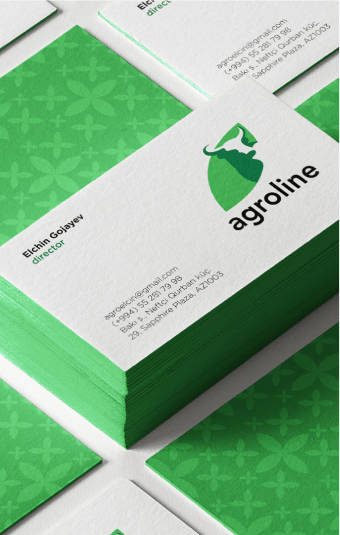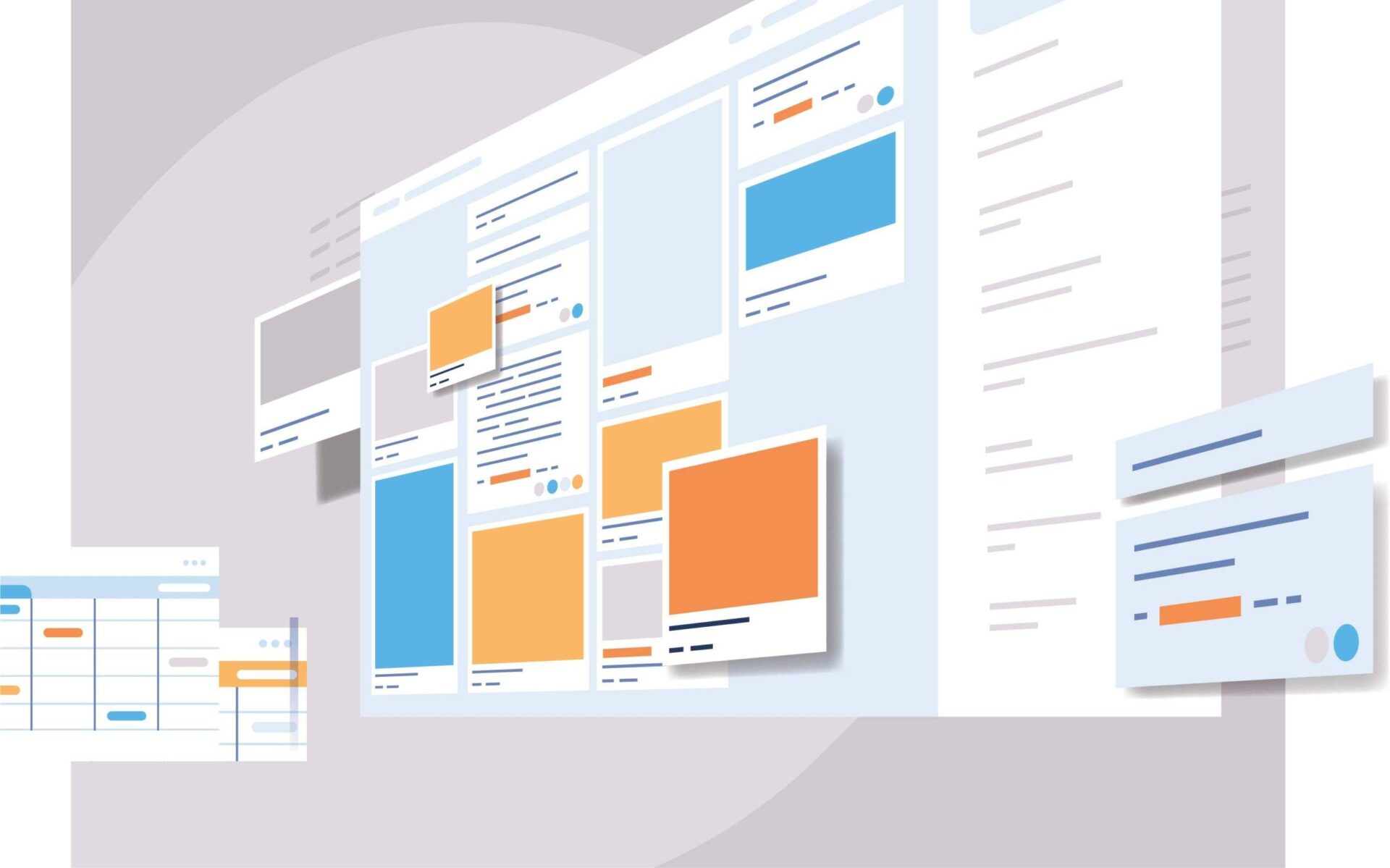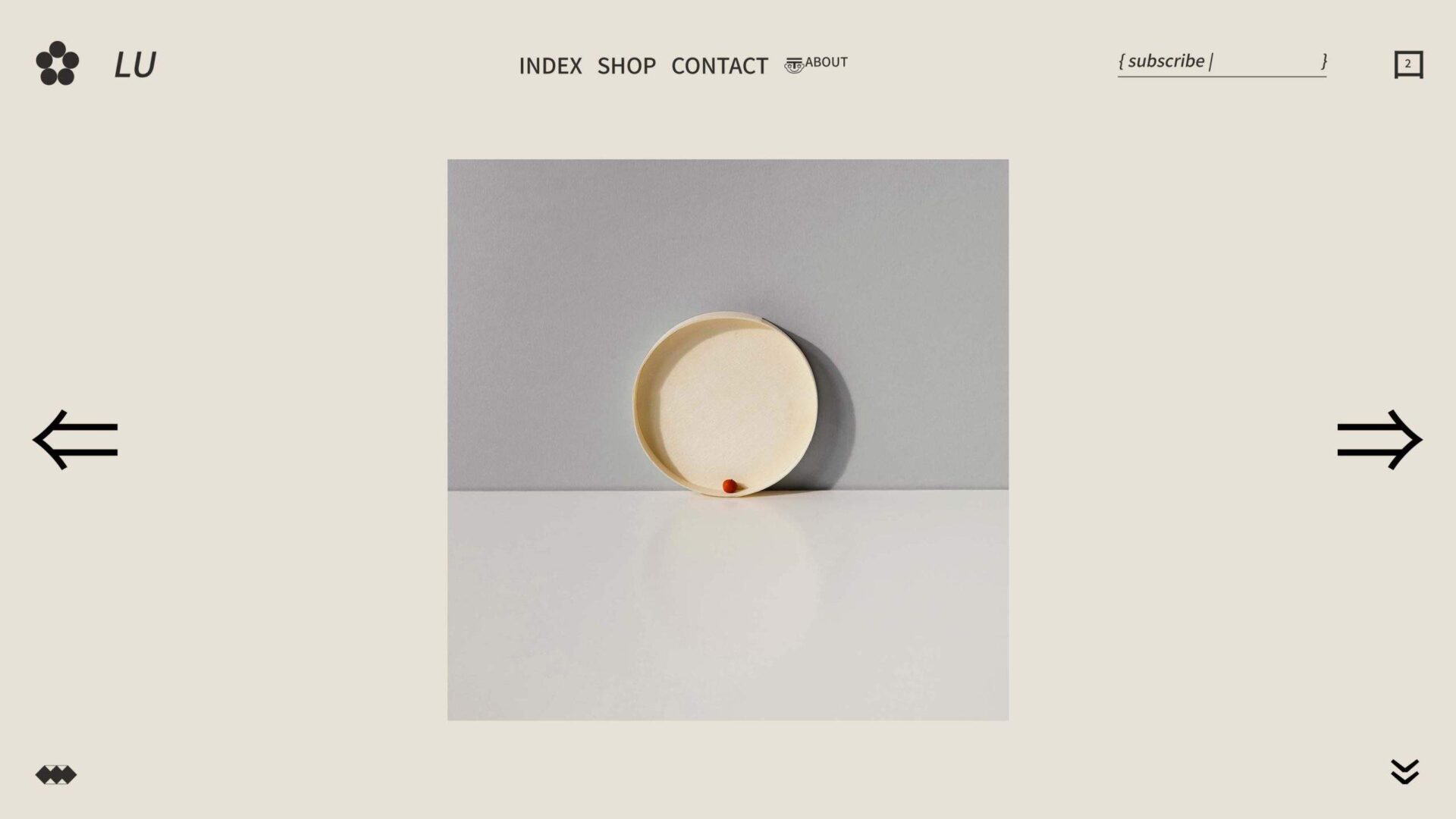Are you considering building a website for your business? If so, you may have heard of single page websites as an option. Single page websites are designed to funnel visitors to one specific area, providing concise information without added distraction or noise. This is great news if you want the user experience on your website to be easily digestible and focused on the main goal: helping customers learn more about what you can provide them. But while single page sites offer a modern and simplified take on web design, they might not always be right for every type of business – which is why it’s important to consider both their advantages and disadvantages before making this kind of commitment. In this blog post, we will explore the pros and cons of choosing a single page web design for your business so that you can make an informed decision about whether it meets your needs.
Overview of Single Page Websites: What are they
Single page websites, as the name suggests, are websites that only have one page. They have gained popularity due to their simple and clean design, with all content fitting on one page. These websites have become increasingly popular for businesses that want to make a statement with their website, while keeping it simple and straightforward. Single page websites allow for easy navigation, which is crucial for users who are often short on time and looking for information on-the-go. They also offer a great user experience, as everything is contained on one page, eliminating the need for multiple clicks and page loads. Ultimately, single page websites offer a unique and convenient way to present information online.
Pros of Having a Single Page Website
Having a single page website can greatly benefit both you and your visitors. One of the biggest pros of this type of website is how user-friendly it is. With all the important information in one place, visitors won’t have to navigate through multiple pages to find what they’re looking for. This simplicity can also make it easier for you to design and maintain your website. Plus, with a single page website, you can make a big impact with your visuals and content. So why not consider a single page website for your business or personal brand? It might just be the solution you’ve been looking for.
a. Minimalism
Minimalism is a design movement that has grown in popularity over the years, and it is not hard to see why – the simplicity and efficiency it offers are unmatched. In particular, single page websites using minimalism create a modern look that is both visually appealing and functional. By requiring minimal scrolling, these websites maximize the space that is available, making it easier for users to find what they are looking for quickly and efficiently. With such impressive benefits, it is no wonder that single page websites are becoming increasingly popular in the world of web design.
b. Easier to Maintain
With a single page website, you don’t have to keep track of different pages and their content. Updating and making changes to the website becomes a simpler task as everything can be done on one page. This means your website won’t suffer from outdated or irrelevant information, ensuring that your visitors are always up-to-date with the latest information. So if ease and convenience are what you’re looking for, a single page website may just be the way to go.
c. Mobile Friendly
A single-page website is an efficient way to provide mobile users with the information they need. Rather than navigating through a complex site, users can quickly find the information they’re looking for on a single page. This not only improves user experience but also saves on data usage. With less data being used, pages can load faster, allowing users to access the site and find the information they need when they need it. Overall, having a mobile-friendly, single-page website is a win-win for both website owners and users.
Cons of Having a Single Page Website
While having a single page website can seem like a sleek and modern way to showcase your content, it’s important to consider the downsides. One of the most prominent cons of a single page website is the lack of organization. Without multiple pages, it can be challenging to label, categorize, and navigate through all of your content. This can be especially problematic for businesses with a wide range of offerings that don’t fit neatly into one main category. Additionally, if your page is image-heavy, it can lead to slow loading times and a poor user experience. Ultimately, it’s crucial to weigh the pros and cons of a single page website before making the decision to move forward with one.
a. Limited Ability to Target Different Audiences
While they are visually appealing and provide a seamless user experience, single page websites do have their limitations. One major limitation is the inability to target different audiences. With a single page website, the content is the same for all users, regardless of their interests or needs. This can make it difficult to effectively engage with different user groups and provide them with the information that is most relevant and useful to them. Nonetheless, with proper website planning and a clear understanding of your target audience, a single page website can still be a valuable tool for reaching your digital goals.
b. Difficult SEO
When it comes to single page websites, search engine optimization (SEO) can present a real challenge. With only one page to work with, you have to get creative and really think about how to make that one page count. Every element on the page, from the headlines to the images to the keywords, needs to be working in harmony to catch the attention of search engines. It can be a daunting task, but with the right strategies and a little bit of patience, it’s definitely possible to create a single page website that excels in SEO.
c. Harder to Navigate
Single page websites websites can be harder to navigate, as all the content must be loaded at once, resulting in longer loading times. This can be frustrating for visitors who might lose interest if the website takes too long to load. While single page websites have their advantages, it is important to keep in mind the potential inconvenience they can cause. As web design evolves, it will be interesting to see if solutions can be found to improve the navigation experience on single page sites.
What Kinds of Businesses Benefit from a Single Page Website
In a world where attention spans are getting shorter and people are increasingly consuming information on their mobile devices, a single page website can be a game-changer for certain types of businesses. These types of sites are perfect for businesses that offer simple services or products that do not require extensive content. For instance, if you’re a freelancer, consultant, or a small retailer selling a handful of items, a single page website can be an elegant way to showcase your work and products. It allows you to focus on the essentials, eliminate clutter, and create a streamlined user experience. Beyond that, these types of websites can be an affordable and low-maintenance solution for businesses that do not have the resources or technical skills to maintain a complex website. All in all, if you’re looking for a fuss-free and visually appealing digital presence, a single page website might be just what you need.
Tips for Optimizing Your Single Page Website
To make sure that your website is optimized for maximum results, there are several key tips to keep in mind.
- First and foremost, be sure to keep your layout simple and clean, with just enough content to get your message across without overwhelming visitors.
- It’s also important to pay close attention to your site’s loading speed, as slow-loading sites can deter visitors and negatively impact search engine rankings.
- Additionally, make sure to use responsive design principles to ensure that your site looks great on all devices.
By following these tips and putting in the effort to ensure your website is as user-friendly and optimized as possible, you can create a single-page site that truly shines.

When It’s Best to Use Single Page Websites
Single page websites are great for displaying concise information or a specific product or service. They are also ideal for mobile users who prefer scrolling over clicking to access information. However, for larger businesses or those needing a lot of content, a multipage website may be more appropriate. Ultimately, the decision to use a single page website should be made based on the specific goals and needs of the business or organization.
Examples of Successful Single Page Websites and Their Designs
Single-page websites are gaining popularity among businesses of all sizes as they offer a quick and simple approach to showcase your company’s offerings, brand, and culture. These websites tend to have a clean, minimalist design with an easy-to-navigate user interface to deliver the right message. Successful single page websites leverage a creative approach to design and user experience to achieve their goals. One such example is the “One Pager Love” website, which provides curated examples of creative single-page designs. The site features a sleek and responsive design that allows for easy navigation, making it a great source of inspiration for businesses looking for a fresh, modern design to engage their customers.
Conclusion
In conclusion, single page websites are a popular choice among businesses looking to create a modern look and efficient use of space. Although these websites are easier to maintain in comparison to multi-page websites with numerous columns and pages, there are some limitations associated with them. SEO can be difficult due to the limited number of page options, it’s harder for businesses to target different audiences with varying preferences, and end users may face longer loading times due to having all the content on the same page. Ultimately, what kind of website works best for you depends upon your specific needs and preferences; however, whatever direction you go in make sure that it’s mobile friendly and customizable inclusive of your company’s branding.














